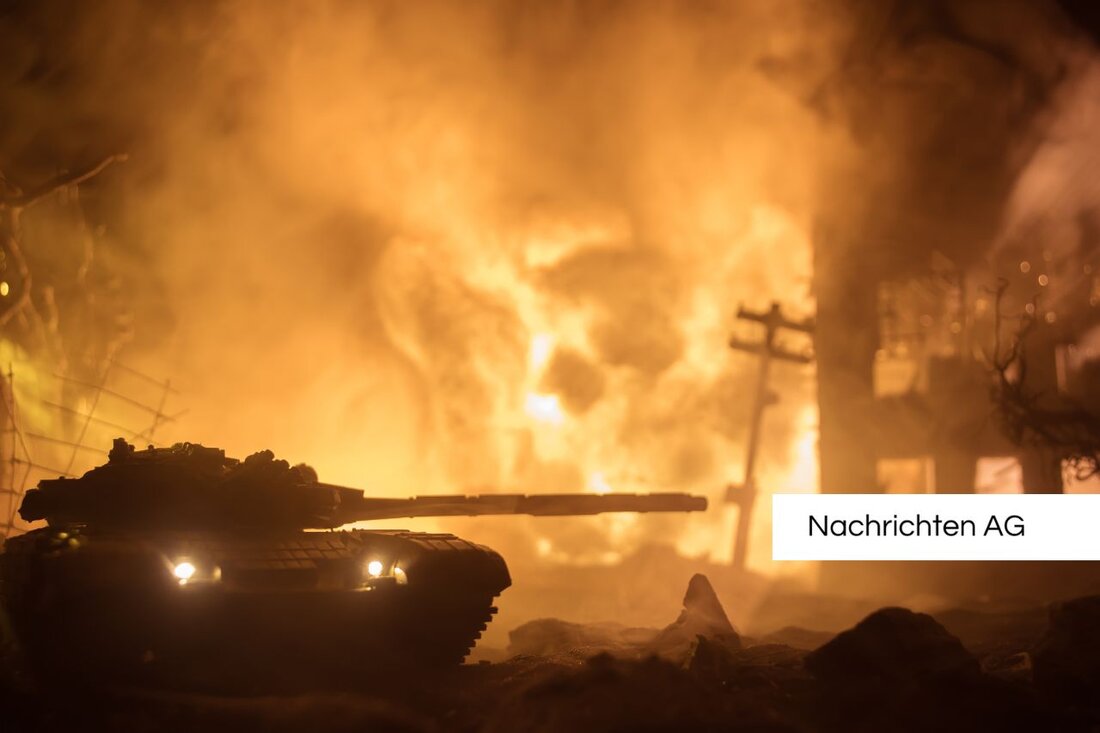European Forum Wachau: Migration Crisis and Peace in focus!
The Europa-Forum Wachau discussed European migration policy, challenges and solutions with leading politicians on June 13, 2025.

European Forum Wachau: Migration Crisis and Peace in focus!
The European Forum Wachau, which came to an end on Friday and last day of the event, brought together top-class guests, including the Bulgarian Prime Minister Rossen Jeliazkov, the Moldovian Prime Minister Dorin Recean, the former German Vice Chancellor Sigmar Gabriel and the philosopher Peter Sloterdijk. This year's motto "Facing Challenges - Embracing Visions" reflected on the challenging topics that were discussed during the conference, including the killing spree in Graz, the war in Ukraine and the escalation between Israel and Iran.
In this context, Johanna Mikl-Leitner emphasized the urgency that Europe must become able to act in the migration question. A clear demand for the further development of the European Convention on Human Rights was deported in order to deport migrants who committed serious crimes. Chancellor Christian Stocker referred to the central role of the EU for Austria and spoke about the challenges facing Europe, especially in the areas of competitiveness, peace and migration.
The role of Ukraine in European politics
A central point of the discussion was the support of Ukraine in conflict with Russia. This was identified by various speakers as a fundamental European task. Jeliazkov expressed his solidarity with the victims of the killing spree in Graz and called for standing for the common values of Bulgaria and Austria. Recean threw in that more resources are needed for research and appeals for innovations and digitization.
Sigmar Gabriel described the current time as a "turn of the time" and demanded more pragmatic trade agreements. Matthias Schaal from the OECD underlined the need to actively shape globalization and react to the challenges. Sloterdijk referred to historical parallels that could teach us how important the dialogue is in times of increasing tensions, which Patrick Schöder, Abbot of the Göttweig Abbey, also emphasized.
Migration and human rights as European challenges
Migration issues in Europe are shaped by various factors, especially by the war in Ukraine. Since the activation of the European “mass supply guideline” to support Ukrainian refugees in 2022, we have been experiencing an extraordinary phase of humanitarian solidarity. Over a million war refugees from Ukraine have already found protection in Germany without having to go through asylum procedures and have received access to job opportunities.
Hans Vorländer, chairman of the Federal Government's Council of Expert for Integration and Migration, speaks of a "greatest possible solidarity" of the EU, while Olaf Kleist expresses concerns that this activation cannot be regarded as a turning point in migration policy. He emphasizes the need for a more active and fairer European migration policy. Svenja Niederfrank adds that the recording capacity depends on the political readiness and that there have so far been no significant progress in the reform of the European asylum system.
The international pressure to take into account the human rights situation in Ukraine remains crucial. The United Nations observes the human rights situation closely. Reports from the High Commissioner for Human Rights document how the conflict undermines civil society structures and endangers human rights. Ukraine has had a place in the UN Human Rights Council since 2018 and is regularly supported by 40 countries, including Western European countries.
Overall, it should be noted that the discussions on the European Forum Wachau gave important impulses for the future development of European migration and human rights policy. It is clear that despite the current challenges, new ways of solidarity and integration of migrants and refugees have to be found.

 Suche
Suche
